To date, my summer has been filled with some traditional, and some not-so-traditional, activities. I went canoeing last weekend on the Russian River. When I got home, I set about drying some dirt.
Watching summer days shorten has become a cue for me to begin preparing bonsai soil. I wash the dirtiest soils and dry and sift the others. The goal is to amass enough soil mix to get me through the coming repotting season.
Wet, or even moist, bonsai soil can be difficult to work with. Particles can stick to each other and dust can stick to soil particles. This is true of most, if not all, bonsai soil ingredients. Dry, dust-free bonsai soil is easy to work with and drains well.
How the soil dries isn’t important. My usual approach is to spread the soil out on a warm day and let the sun do the rest.
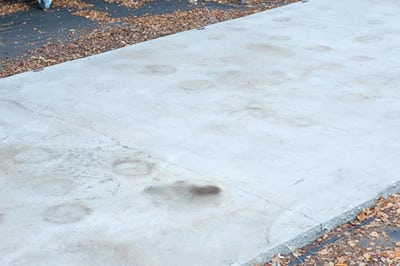
First, I clean a cement pad
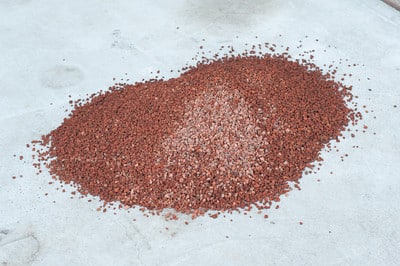
Next, I dump out some soil
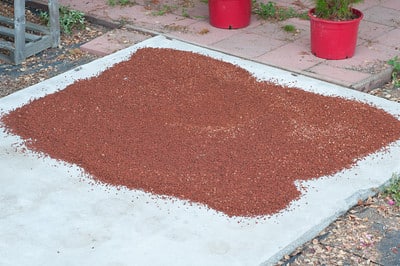
And spread out the soil with a broom
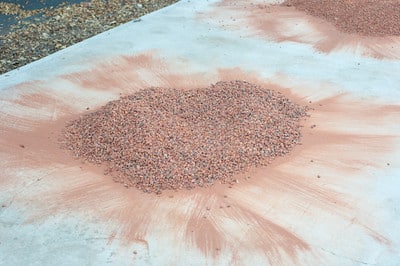
A day later, the soil is dry and ready for sifting
Sifting the soil is messy work. The red lava pictured here was very dusty, leaving my (outside) workshop covered in a layer of red dust. I start by sifting out the largest particles, then the medium particles, and then the dust. When the sifting is done, I’m left with three sizes of lava just right for small, medium, or large sized bonsai.
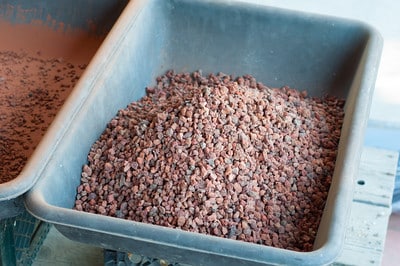
Large lava particles after sifting
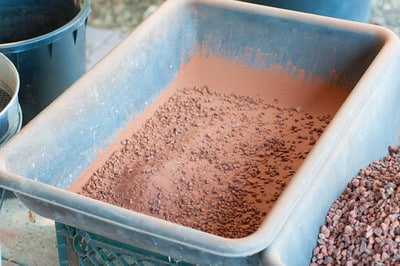
Smaller sizes before sifting
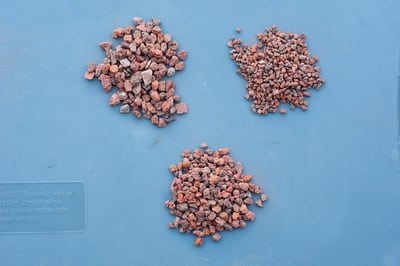
The result – clean, dry, and sifted lava
Once the individual ingredients are dry and sifted, I can quickly prepare any mix I need (see “Bonsai soil” for details about soil mixes).
Next up, a post about decomposed granite and picking a soil mix that works.
Subscribe to Indian Bonsai Art
New Posts Delivered Every Tuesday and Friday
